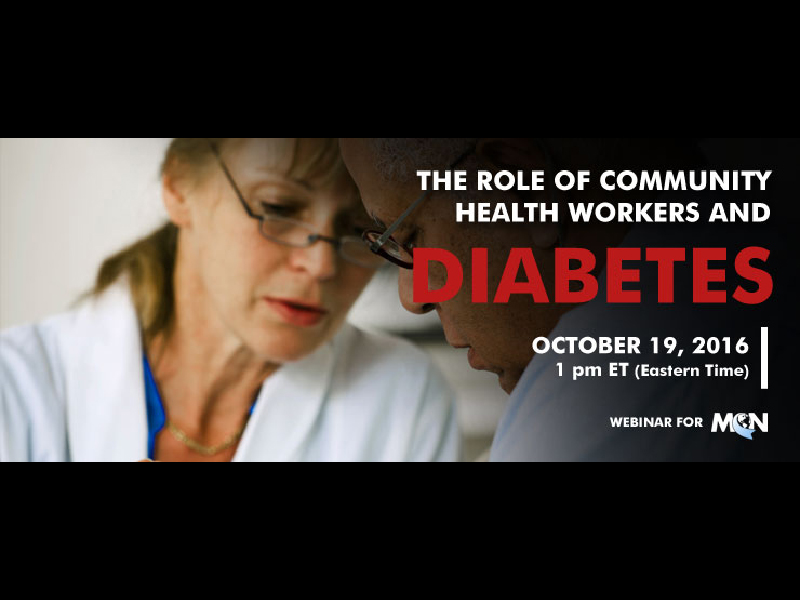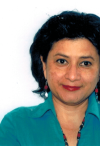
In this seminar participants will be able to identify the performance measures established by HRSA related to diabetes, as well as the signs and symptoms of diabetes. Participants will also learn how to manage their diabetes via a healthy lifestyle and regular monitoring of blood glucose levels. Focus will also be given to the role and participation of community health workers in the prevention and control of diabetes.
Watch the Webinar Recording
Download the Presentation Slides
Take the Evaluation
-
Identification of signs and symptoms of Diabetes
-
Describe how high levels of blood glucose can be measured in the body
-
Encourage patients to check their glucose levels regularly
- Understand the role of Community Health Workers and their participation in diabetes specific programs in their health centers
Presenters

Ileana Maria
Ponce-Gonzalez
MD, MPCH, CNC
Senior Advisor for Scientific and Strategic Planning
Migrant Clinicians Network
Michael
Parchman
MD, MPH
Director, Senior Investigator, GHRI
MacColl Center , WA
This project is supported by the Health Resources and Services Administration (HRSA) of the U.S. Department of Health and Human Services (HHS) under cooperative agreement number U30CS09742, Technical Assistance to Community and Migrant Health Centers and Homeless for $1,094,709.00 with 0% of the total NCA project financed with non-federal sources. This information or content and conclusions are those of the author and should not be construed as the official position or policy of, nor should any endorsements be inferred by HRSA, HHS or the U.S. Government.
Continuing Education Credit (CEU)
To receive CME* or CNE credit after viewing this webinar, you must:
- Complete the Participant Evaluation associated with this webinar
- Send an email with your first and last name stating which webinar you completed to contedu@migrantclinician.org